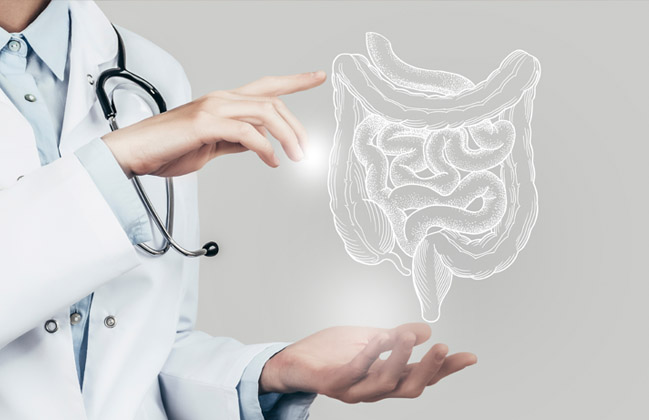What is GERD (Gastroesophageal Reflux Disease)?
GERD (Gastroesophageal Reflux Disease) is a condition in which stomach contents flow back into the esophagus. Reflux can occur every now and then in all healthy adults and children, however when reflux is recurrent and persistent, it can lead to bothersome symptoms as well as damage to the lining of the esophagus.
What Causes GERD?
The main mechanism of GERD is an impaired function of the lower esophageal muscles. The diaphram and the muscles in the lower esophagus (lower esophageal sphincter) create a barrier which prevents stomach contents from regurgitating back into the esophagus. When there is a dysfunction with this anti-reflux barrier, gastro-esophageal reflux disease can ensue
Factors that can cause GERD or trigger symptoms of GERD include:
- Hiatal hernia – a condition where part of the stomach pushes into the chest, disrupting the anti-reflux barrier and causing reflux
- Obesity
- Pregnancy
- Trigger foods such as chocolate, peppermint, caffeine
- Certain medications
 Patient Login
Patient Login






























































































